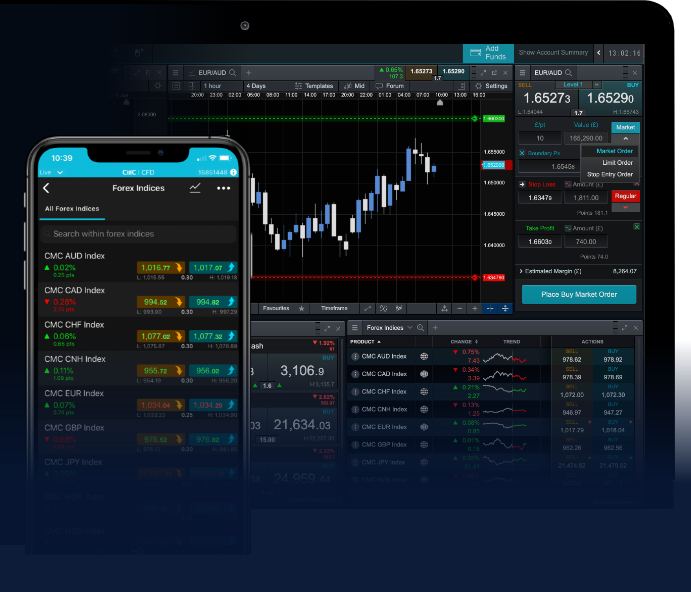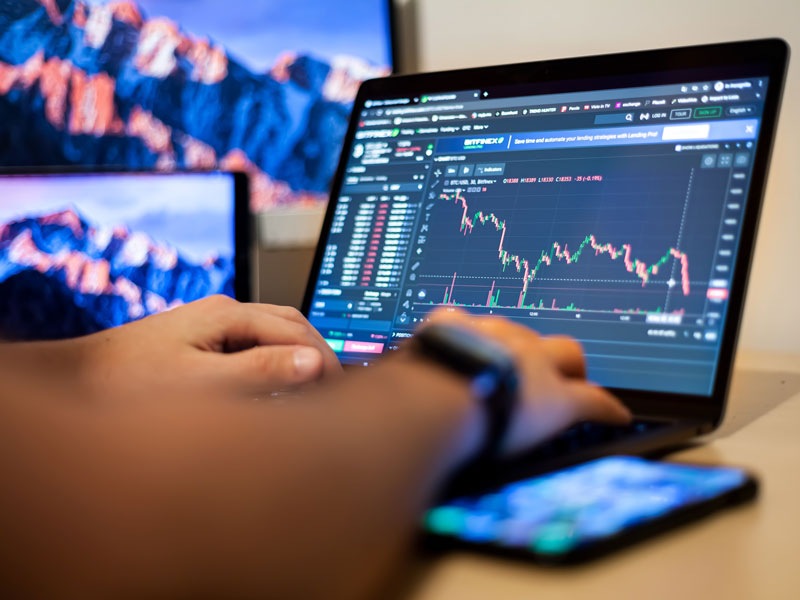
Forex trading can seem daunting at first, but with the right knowledge and tools, anyone can start their journey in the financial markets. This guide is designed for beginners and will walk you through the essentials of forex trading, providing valuable insights and tips along the way. For a great start, consider checking out this forex trading beginner guide Trading App APK to assist you in your trading endeavors.
What is Forex Trading?
The foreign exchange market, commonly referred to as Forex or FX, is the largest financial market in the world. It operates 24 hours a day, five days a week, and involves the buying and selling of currencies. Unlike stock markets, where trades are centralized in exchanges, the forex market is decentralized and operates globally, making it accessible to individual traders.
Understanding Currency Pairs
In forex trading, currencies are traded in pairs. For example, if you trade the EUR/USD pair, you are speculating on the value of the Euro against the US Dollar. Each currency pair consists of two components:
- Base Currency: The first currency in the pair (e.g., EUR in EUR/USD).
- Quote Currency: The second currency in the pair (e.g., USD in EUR/USD).
The exchange rate indicates how much of the quote currency you need to purchase one unit of the base currency.
Major Currency Pairs
There are several major currency pairs traded in the forex market, which include:
- EUR/USD: Euro vs. US Dollar
- USD/JPY: US Dollar vs. Japanese Yen
- GBP/USD: British Pound vs. US Dollar
- USD/CHF: US Dollar vs. Swiss Franc
- AUD/USD: Australian Dollar vs. US Dollar
- USD/CAD: US Dollar vs. Canadian Dollar

How to Get Started with Forex Trading
- Educate Yourself: Study the fundamentals of forex trading, including strategies, technical analysis, and risk management.
- Choose a Reliable Broker: Research and select a reputable forex broker to open a trading account. Ensure they are regulated and offer competitive spreads.
- Open a Trading Account: Most brokers offer different account types. Beginners may benefit from a demo account to practice without risking real money.
- Develop a Trading Plan: Your trading plan should include your goals, risk tolerance, and strategies. Stick to your plan and avoid emotional trading.
- Start Trading: Begin with small trades to understand market movements better. Gradually increase your investment as you gain confidence.
Types of Forex Trading Strategies
As a beginner, it’s essential to become familiar with various trading strategies that can help you in the market:
- Scalping: A strategy that involves making numerous small trades throughout the day to take advantage of minor price fluctuations.
- Day Trading: This involves buying and selling positions within the same trading day, closing all trades before the market closes.
- Swing Trading: A medium-term strategy that focuses on capturing price swings over a few days to a couple of weeks.
- Position Trading: A long-term strategy where traders hold positions for weeks, months, or even years, relying on strong fundamental trends.
Risk Management in Forex Trading
Risk management is crucial for any trader, especially beginners. Here are some tips to protect your investments:
- Use Stop-Loss Orders: Implement orders to automatically close a trade at a predetermined price to limit potential losses.
- Manage Leverage: While leverage can amplify profits, it also increases risks. Begin with lower leverage ratios until you gain more experience.
- Diversify Your Trades: Avoid investing all your capital in a single trade. Diversifying reduces the impact of a poor-performing investment.
- Set Realistic Goals: Establish achievable profit targets and remain disciplined in your trading approach.
Common Mistakes to Avoid as a Beginner
Many new traders make mistakes that can hinder their trading success. Here are some common pitfalls to avoid:
- Trading Without a Plan: Always have a trading plan in place. Trading spontaneously can lead to significant losses.
- Overtrading: Trading too frequently or with too much capital can lead to burnout and emotional decision-making.
- Chasing Losses: Trying to recover losses by taking bigger risks can lead to even more significant losses. It’s essential to remain calm and disciplined.
- Ignoring Market News: Stay updated with economic news and analysis that may influence currency movements.
Continuous Learning in Forex Trading
Forex trading is an ever-evolving field, and continuous education is vital for success. Keep learning through various resources:
- Online Courses: Enroll in forex trading courses that cover advanced strategies and technical analysis.
- Webinars and Workshops: Participate in live sessions with experienced traders to gain practical insights.
- Books and Articles: Read about successful traders’ experiences and strategies to broaden your understanding.
- Forums and Trading Communities: Join online trade forums to share experiences, ask questions, and network with other traders.
Conclusion
Forex trading can be a rewarding venture if approached with the right mindset, knowledge, and tools. As a beginner, start by learning the basics, developing your trading plan, and practicing through a demo account. Remember to manage your risks and continuously educate yourself as you progress on your trading journey. With time and dedication, you can build your skills and potentially succeed in the forex market.
